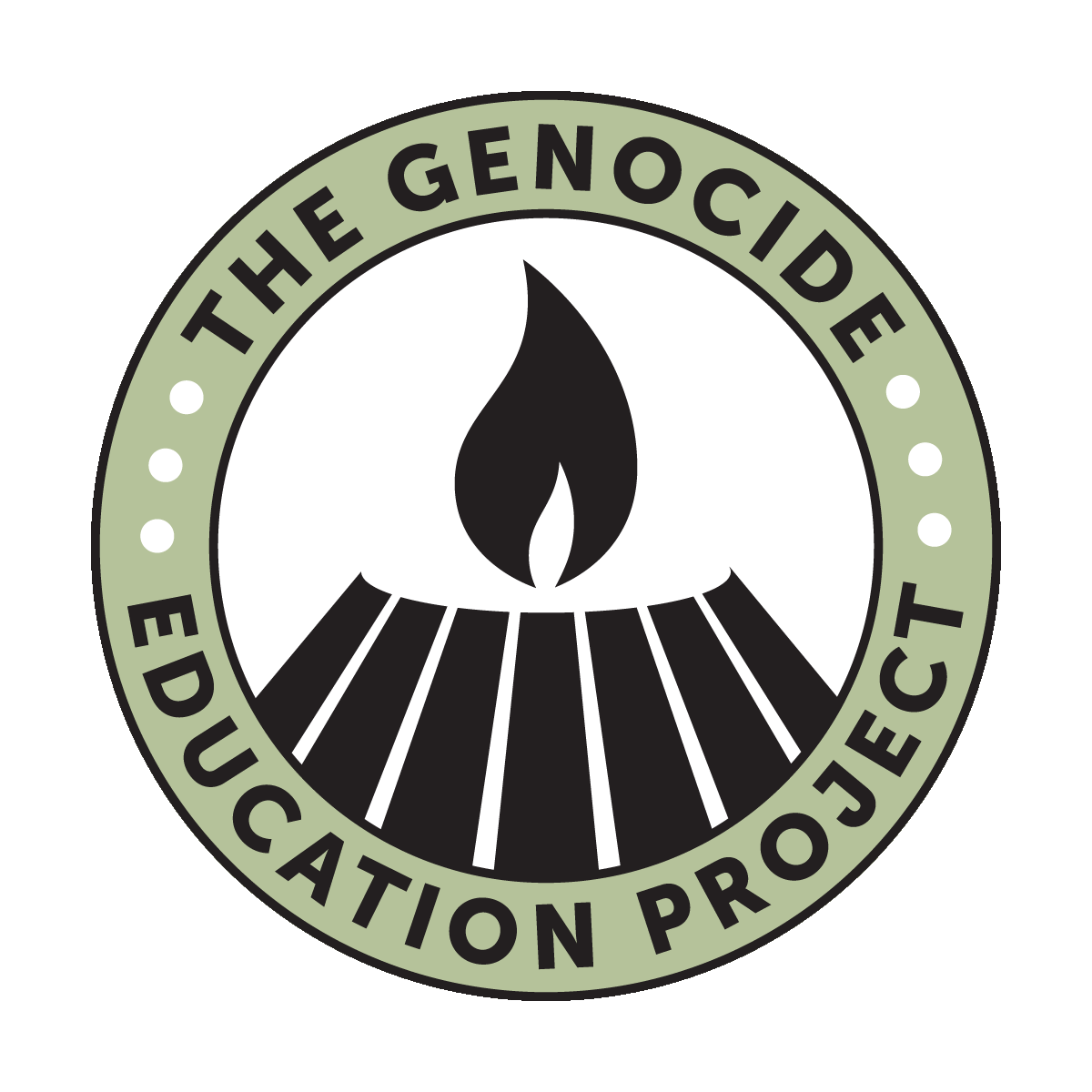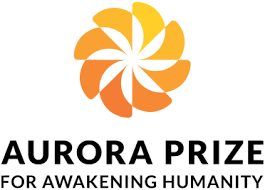26.05.2016

Mkrtich Karapetian, a native of Tigranakert, was born in 1910. He states that although he was a kid in 1915, he remembers quite well that the population of the town was beaten and exiled. Mkrtich tells how they were miraculously rescued when the Persian soldiers came to release them.
«...The real Tigranakert (city built by Tigran the Great) is Farghin, which is twenty-five km towards the Ararat Plain. The palace of King Tigran the Great had been there, but was ruined by earthquakes.
Mount Ararat is visible from Tigranakert. The Tigris River flowed through the town. We were natives of Tigranakert. I remember everything well: in detail. In 1915 they exiled us all of a sudden. I was very little, but I remember: they drove out all the people of Tigranakert. Mother’s brother, who was hardly fifteen, took me on his shoulders. And mother was walking with my little brother in her arms. I remember these well. My elder brother, Nshan, who was six years my senior, walked while holding grandma’s hand. While walking they were beating us with sticks, whips, and swords. Finally we came and reached the northern part of the desert of Der-Zor, the town of Merdin, where the train passed on its way to Aleppo. They made us stop there in a green field. There was a valley below. They separated us, the children, and took the adults towards the valley and made them stand in a line. There were about three to four hundred adults and we, the children, were nearly as many. They made us sit on the green grass, and we did not know what was going to happen.
Breaking from the line, my mother came several times to us, she kissed and kissed us and went back. We, my elder brother, I and my one-year-old brother, saw from afar a line of women moving forward; our mother was among them. On coming out of our house, mother was dressed in her national costume – a velvet dress, embroidered in gold thread; her head was adorned with gold coins; on her neck was a gold chain; twenty-five gold coins were secretly sewn inside her dress on both sides. When our mother came for the last time and kissed us madly, I remember she was clad only in her white underwear; there were no ornaments, no gold and no velvet clothes. We, the children, were unaware of the events happening there. In reality, they had taken off their clothes, one after the other, had arranged the garments on one side, had stripped the women completely, had cut their heads with axes and had thrown them into the valley.
For the last time mother came, kissed us, and went away. For each time she came, she had been giving one gold coin to the guard in order to see us: her three little children, and kiss us. At the moment when mother came for a last time to see us, an uproar rose. God saved us. Armed Persians came and began slaughtering the Turkish gendarmes. They saved us all: we, the children, also our mother and a few other adults, whose turn had not come yet.
At that time the Persian shah had issued an order saying: ‘Whoever brings an Armenian, be it a child, adult or old, he would get one gold coin for each.’ Those Persian soldiers gathered us to take to Persia, to fulfill their shah’s order. They came and put us in line. At that moment a magnificent old man came, with a beard that almost reached his knees; his name was Sheikh Abdul Khazer Geylani. He came and said to the Persians: “Isn’t there a dressmaker among these women?”
Mother, who was a skilled dressmaker, said: “I’m a dressmaker.” That magnificent sheikh said: “Daughter, where are you taking these children? Come to the tents and make dresses for the Arab women living here, about Der-Zor. They’ll give you wheat, food.” Then he turned to the chief of the Persian soldiers and said: “For each of them you will get one gold coin from the shah. Take.” He gave four gold coins to the soldier and freed us.
That magnificent sheikh took us to the tents and said to his men: “If even a hair were to fall from their heads, I’ll cut off your heads.”
Mother used to make dresses for the Arab women in the tents and brought food. We lived somehow. At nights she slept with us: she lay on her back, put my little brother on her breast, so that he might suck milk. Though there was no milk left, she opened her arms like one who was crucified. On one arm, I put my head, on the other – my elder brother’s head, and the baby rested on her, so that nothing should happen. She would trust no one, she was so scared. Mother was a beautiful woman; the sheikh’s brother fell in love with her. Mother refused. He said: “If you don’t agree, I’ll kill your children.”
Mother said: “Kill, all the same, I won’t marry you.”
At that time, a man went and told the sheikh. He came and said: “Scoundrel, what do you want from them? I pitied them. I was good to them. I gave four gold coins, so that you kill them? Isn’t there another girl for you to marry?”
He took off his revolver and tack-tack-tack: he killed his brother before our eyes.
Mother had become very thin; she had no milk; my little brother could not stand all that: he died. There was not a sheet to wrap him in for his burial. Mother tore her underwear, wrapped him in it, and we buried him.
We remained there for quite a long time, until 1918, when a decree was issued, saying: “Everyone who wants can return to his land.” Mother had bought a camel; she sold it, bought a donkey. We put on it what we had; mother also sat on the donkey, and we set off towards Merdin. On the way to Merdin, mother called us to stand near her, knelt before a pit, where there were many human bones, took one and kissed. We understood nothing and said: “Daye, avci ya?” (Mother, what is it? – Kurd.). We asked in Kurdish, for we had forgotten to speak Armenian.
Mother said: “These are the relics of our brothers and sisters.”
Finally we went up to Merdin with the donkey, from where trains went to Aleppo. At that time, we were told that the Americans had come and were helping the Armenians. We had already lost our human appearance: our hair had become long; we had no normal clothes on us. They asked us if we wanted to go to America.
Mother was an intelligent woman, but in this case she was mistaken: she refused…
Verjine Svazlian. The Armenian Genocide: Testimonies of the Eyewitness Survivors. Yerevan: “Gitoutyoun” Publishing House of NAS RA, 2011, testimony 139, pp. 288-290.





